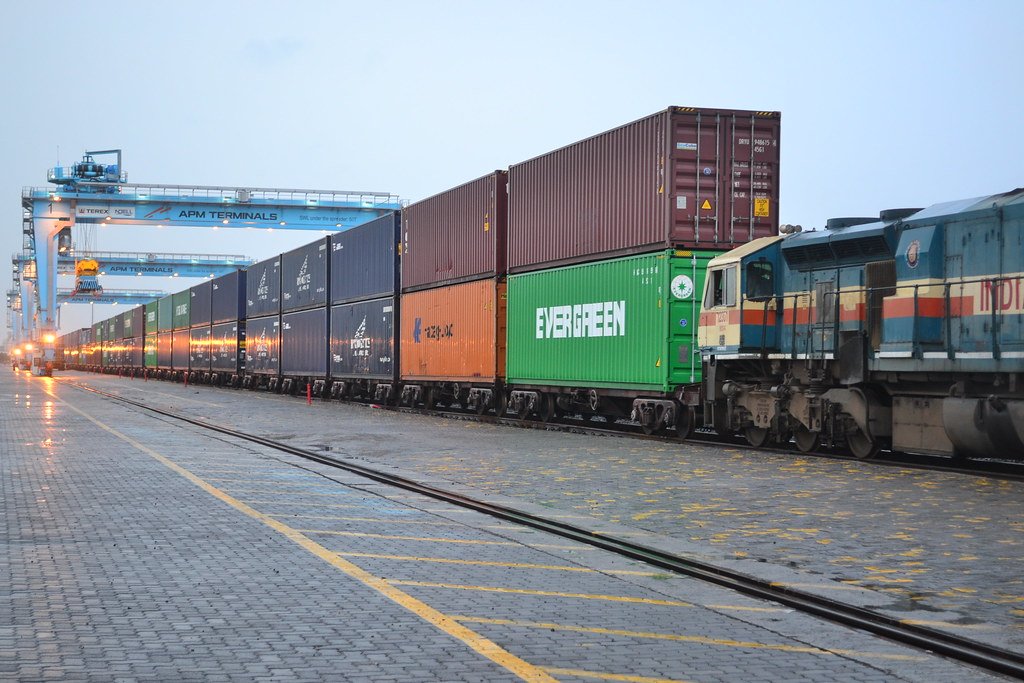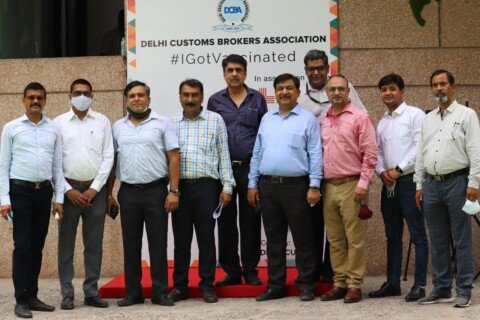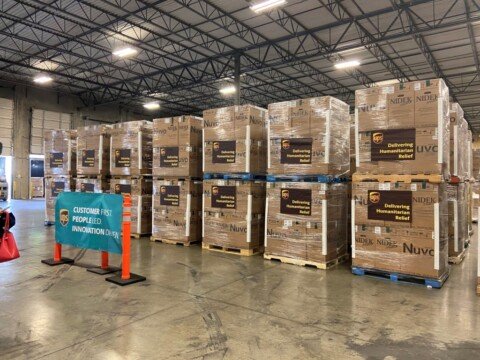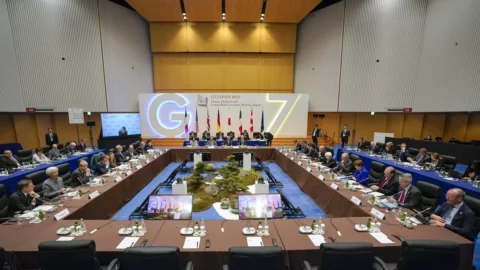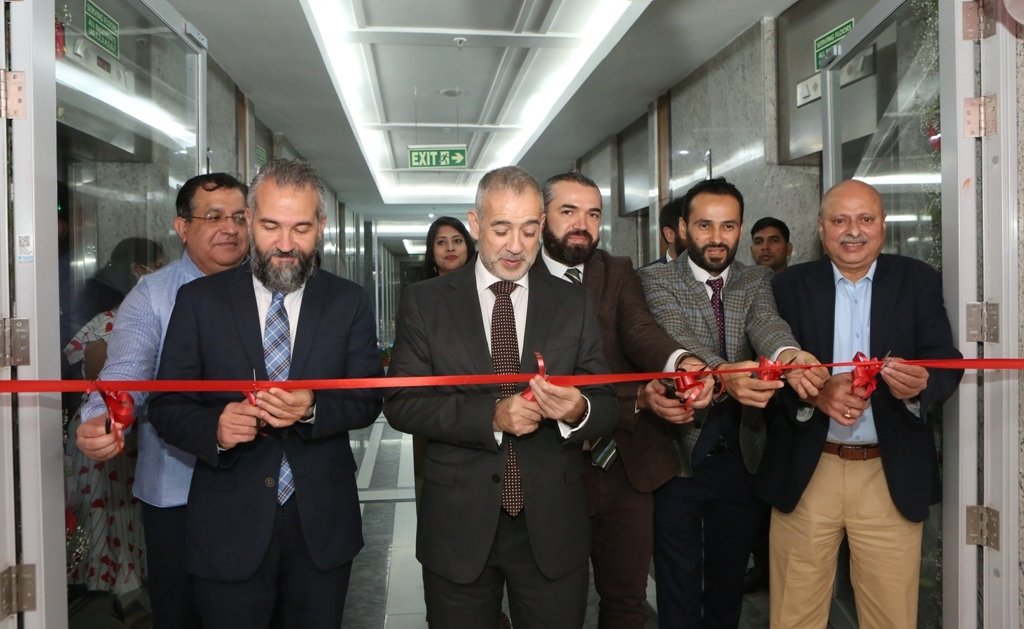Ravindra Kumar Jain, Managing Director of the Dedicated Freight Corridor Corporation of India Ltd (DFCCIL), has announced significant progress on the Western Dedicated Freight Corridor (WDFC). Speaking about the project’s status, Jain highlighted that 93.2 per cent of the WDFC is complete, with only about 100 km pending. Of this remaining stretch, 50 per cent of the work is already done. The entire 1,406 km corridor, stretching from Dadri in Uttar Pradesh to Jawaharlal Nehru Port in Maharashtra, is expected to be fully operational by December 2025, with contracts issued to expedite completion.
The DFCCIL’s dual corridors—WDFC and the Eastern Dedicated Freight Corridor (EDFC)—have dramatically transformed freight movement in India. Currently, over 320 trains operate daily on these dedicated lines. The EDFC handles more than 200 trains per day, equally split between up and down directions. The WDFC manages 120 trains daily, with 60 trains in each direction. Jain expressed optimism that this number would increase to 400 trains by the end of the year. The DFC’s line capacity has substantially increased, utilising 40-50 per cent of track capacity with the potential to reach 150 per cent.
Looking ahead, DFCCIL has ambitious plans to expand its network. Three new corridors are in the pipeline: the East Coast Corridor (Kharagpur to Vijaywada), the East West Corridor (Kharagpur to Palghar), and the North South Corridor (Vijaywada to Itarsi). Detailed Project Reports (DPRs) for these projects have been submitted to the Railway Board. Both the World Bank and the Japan International Cooperation Agency (JICA) have shown interest in financing these corridors, which are considered highly viable.
In addition to traditional cargo, DFCCIL is expanding its scope to include e-commerce, LNG containers, and over-dimensional cargo. Notably, the corporation is exploring automobile transportation on the WDFC, from Surat to Kanpur and beyond. The recent waiver of 18 per cent GST on Railway Special Purpose Vehicles (SPVs) provides significant financial relief, benefiting both DFCCIL and the Railways by reducing operational costs and enhancing efficiency.



